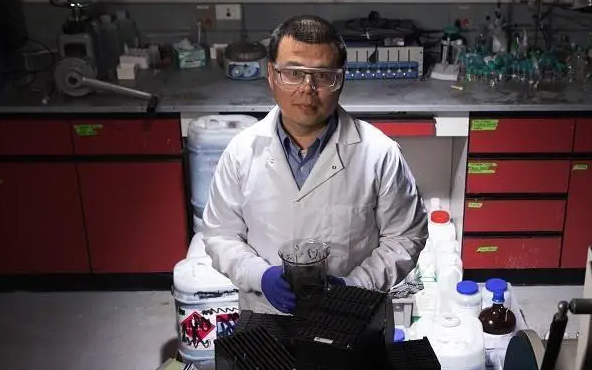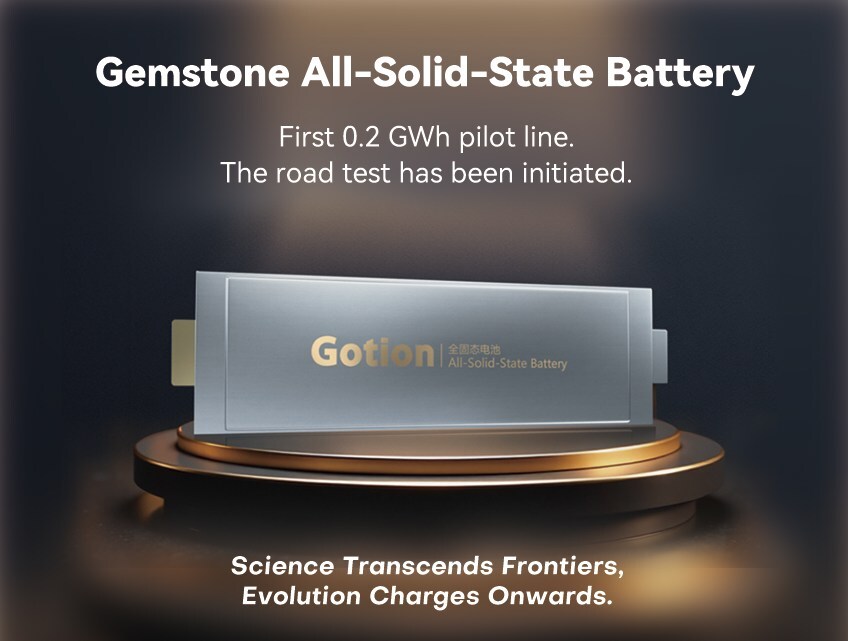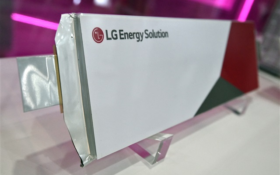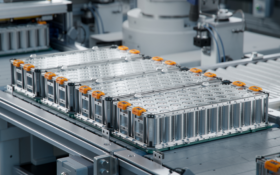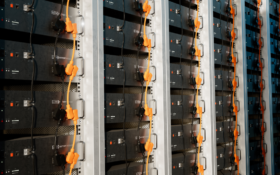A dry print electrode manufacturing technique has been developed by researchers at Worcester Polytechnic Institute that, they claim, can decrease production costs by 15%, charge to 78% in 20 minutes and cut battery manufacturing energy use by an estimated 47%.
The team, led by Yan Wang, has developed a process whereby, instead of the conventional approach of producing lithium-ion battery electrodes, electrically charged dry powders are mixed and sprayed onto a metal substrate. Dry-coated electrodes are then heated and compressed with rollers. Avoiding the use of solvents, slurries and extensive drying periods and solvent recovery addresses the current issues of time, cost and safety that have plagued manufacturers. In addition, the electrodes produced are capable of charging at a much faster rate than can conventionally produced electrodes, according to the team.
The system is scalable and could be a breakthrough for EV battery manufacturing.
Wang says, “Current lithium-ion batteries charge too slowly, and manufacturers typically use flammable, toxic and expensive solvents that increase the time and cost of production. Our solvent-free manufacturing process addresses these disadvantages by producing electrodes that charge to 78% capacity in 20 minutes, all without the need for solvents, slurries and long production times.”
The research was printed in the journal, Joule.
Picture: Worcester Polytechnic Institute researcher Yan Wang. Credit: Matt Burgos

